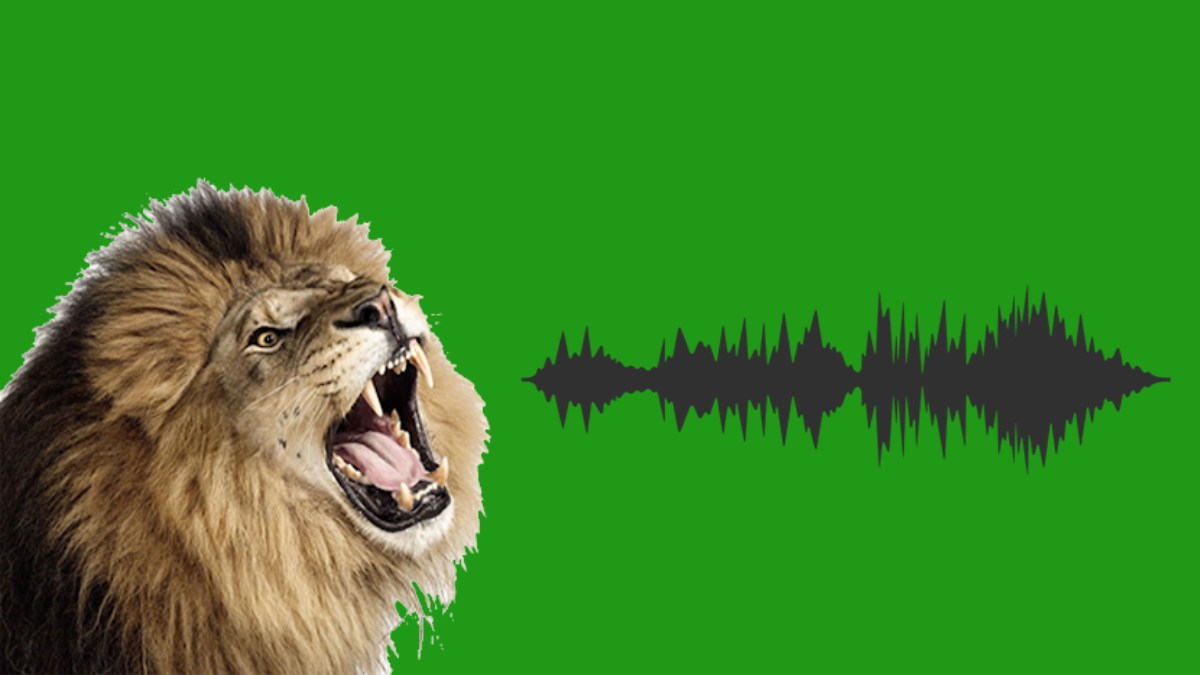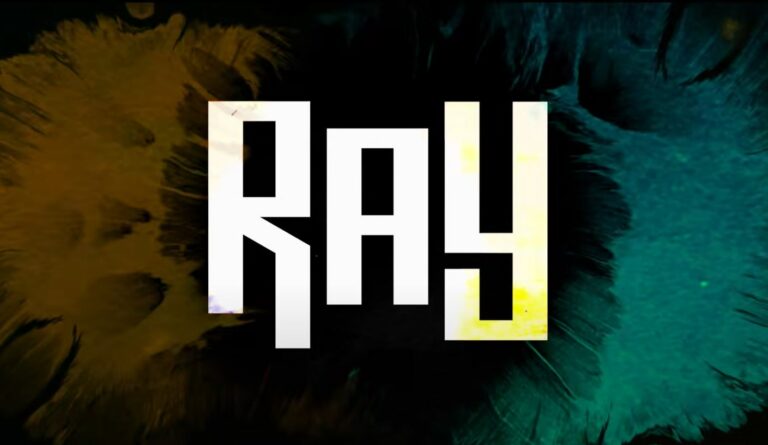Breakthrough At Oxford: Every Lion’s Roar Can Be Traced Using AI

For decades, a mystery that has puzzled wildlife observers is how the lions identify each other by their roar. The recent developments at the University of Oxford, England, suggest scientists may have found an answer to this age-old question.
As per a TNW report, a team of Oxford scientists has hit another breakthrough in their research on lions and their roar. The experts had previously established that the lions’ roar to communicate among themselves and, also, to intimidate enemies.
The team has also published a research paper on their most recent discovery.
The Scientists Used AI In Their Research
In its latest finding, the team successfully traced roars back to a particular lion with the help of machine learning. It gathered hours of recorded roars and then cross-referenced the data to achieve this result.
The researchers attached a device called “biologger” to the lions’ GPS collar to record the roars. This device helped them capture the roars and also track the lions’ movement.
The team then developed an algorithm to group the recorded roars for each lion. This, in turn, helped them notice that each lion’s roar formed a distinct frequency graph. Reportedly, this algorithm traces audio logs (roars) back to its source (the lion) with an impressive accuracy of 91.5%.
Oxford’s WildCru (Wildlife Conservation Research Unit) assisted the scientists in their work. The unit hopes this new knowledge would help them better monitor and, ultimately, conserve the lion population.
A WildCru research fellow, Andrew J. Loveridge, said, “The ability to remotely evaluate the number of individual lions in a population from their roars could revolutionize the way in which lion populations are assessed.”
With the lion population facing rapid decline globally, this new monitoring system is the need of the hour. Hopefully, it would help protect the estimated 20,000 lions that remain in the world.






